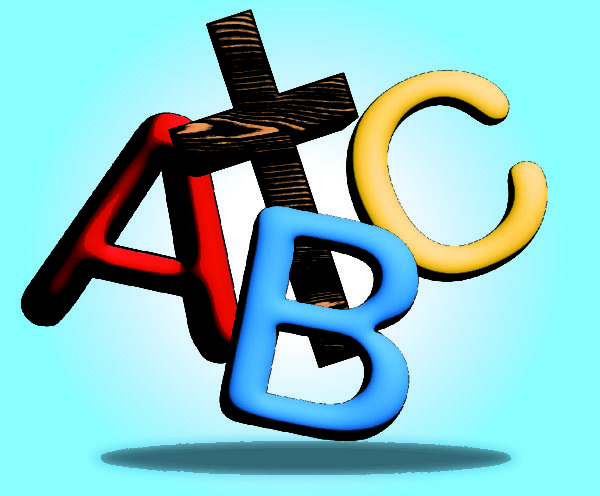
“In God We Trust.” Turn over any dollar bill and the phrase is bolded in green print. The phrase is synonymous with the United States and a trademark of the currency integral to the country. The choice to “trust god” however, holds a religious connotation which has become increasingly politicized and decisive in the modern age.
The separation of church and state is instituted in the first amendment and practiced throughout our legal system. But the separation between church and state gets increasingly blurred in our education system.
This August, Louisiana passed a law that mandates the phrase “In God We Trust” be displayed in each of the state’s public classrooms. While this signage is allowed in classrooms in 17 other states around the country, Louisiana’s law is unique because it is a requirement. This law imposes religious beliefs upon children, regardless of their cultural background or families’ wishes.
The phrase has a complex and long history, dating back to the Civil War when the statement was printed on American coins. Almost 100 years later in 1957, the phrase appeared on American bills, where it has stayed ever since. Despite a series of subsequent protests regarding the phrase, the Supreme Court decided the phrase was not religious, and that its meaning had no attached religious connotation.
Proponents of the phrase argue that it has lost any real religious meaning and serves to be only a traditional and iconic saying which symbolizes the U.S. They believe it evokes a sense of faith in the country, not in religion. Yet, the movement of this phrase from currency and into classrooms brings into question whether Louisiana lawmakers are trying to reintroduce the phrase, and its religious connotations, to a new generation.
This question is more significant when observing how the use of cash itself has actually declined in the last few years, with an increasing number of institutions — including Tulane University — going cashless. As cash is used less — and the phrase with it — this new law serves to keep the same historic and religious phrase alive through a different medium.
There is a distinction between a saying that is embedded into American culture simply because of precedent, and a saying which is being reintroduced into the minds of a new generation through classrooms. Further, if the phrase has truly lost all of its religious connotation, there is no reason for it to be on the walls of schools. The phrase “In God We Trust” without the meaning of God, both literally and symbolically, lacks any relevance because it removes the main topic of the sentence.
Religion is an integral part of the lives of many and can teach positive lessons about morals, integrity and how to lead one’s life. In states in the South like Louisiana, where 71% of people are religiously affiliated, the concept of faith is a deep-rooted ideology which many hold close to their hearts. It is crucial to consider, however, that schools are legally non-secular, and that it is imperative to allow students of all religions and walks of life to choose what they believe in.
As American Civil Liberties Union of Louisiana advocacy strategist A’Niya Robinson told CNN, “It’s our belief that parents, not school officials, should be responsible for shaping their children’s religious education.”






















Leave a Comment